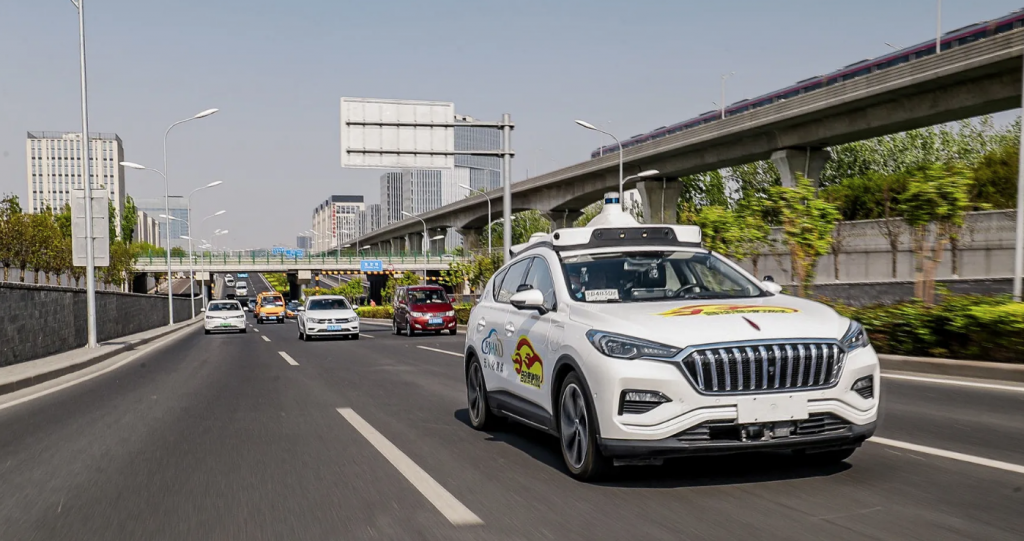
Last week, the Toyota-backed Pony.ai became the first autonomous car company to win a taxi license in China.
Driverless Robotaxis Plying Trade in U.S., Gain Approval in Parts of China
No matter how you might feel about driverless vehicles, driverless taxis are already here. In Arizona, autonomous vehicles are on the road and collecting fares. While some areas require a human to sit behind the wheel, others don’t. And it is not just the United States that is big on robotaxis. China is going all in, as well. Most recently Beijing changed it’s rules, as reported on cnbc.com.
In a first for the country, two Chinese companies — Baidu’s Apollo Go and Pony.ai — announced Thursday they received permission from Beijing city authorities to remove the safety driver for part of their robotaxi business in a suburban part of the city.
The cars will still need a staff member to sit inside, but not necessarily in the driver’s seat anymore.
It’s a move toward letting the companies run a robotaxi business without having to pay for staff to operate the cars — fully eliminating the cost of a taxi driver. It remains unclear when the Chinese government would allow robotaxis to charge fares for rides without any human staff in the cars.
There is a good chance that robotaxis are still so new to most of us, that the idea of not having at least a backup human behind the wheel might be a little scary. But just having another human in the car, but not in the driver’s seat, seems confusing as well.
In the U.S., Alphabet’s Waymo and GM’s subsidiary Cruise can already run public robotaxis with no human staff in the vehicles. Laws for testing robotaxis and charging riders vary by city and state. Waymo can charge customers for its robotaxis that operate in Arizona, while Cruise is waiting for approval on a final permit to charge riders in San Francisco.
Rules for testing and operating robotaxis also vary by region in China.
Beijing city’s latest move comes in less than six months since the municipality allowed Baidu and Pony.ai to charge fees for robotaxis in the suburban district of Yizhuang. The approval to charge fares was the first by a major city in China.
On Sunday, the Nansha district of the southern city of Guangzhou gave Pony.ai’s tech-powered robotaxis the same designation as traditional taxis — the first such license in China. The license lets Pony.ai charge fares in the district. The cars currently have safety drivers.
Robotaxis or autonomous vehicles with or without backup drivers are expected to grow in public usage over the next five years.
read more at cnbc.com







Leave A Comment